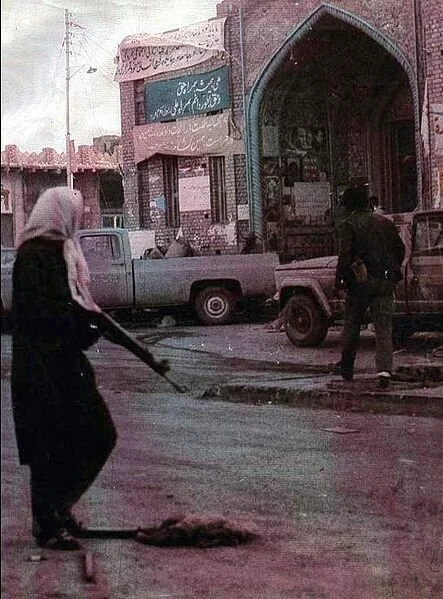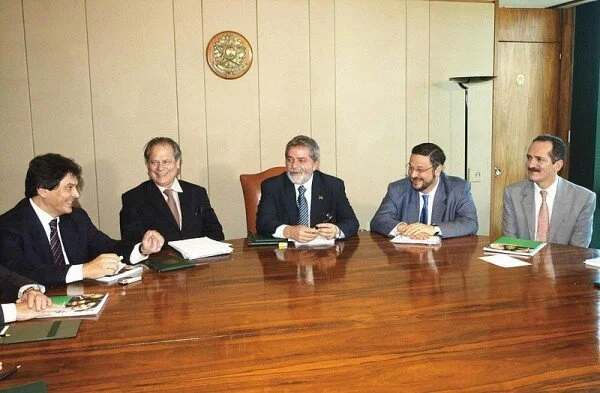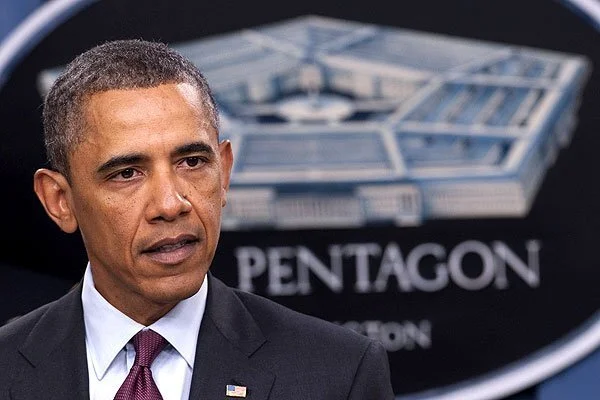China’s Future and the Problem of Hong Kong
By Josiah Tsui
While the world waits to see what domestic policy changes Xi Jinping will implement as the new President of China, it is worth noting that the issues now taking precedence in mainland China have been developing for some time in Hong Kong.
Read More
Secular Autocracy vs. Sectarian Democracy? The Christian Predicament in the Syrian Uprising
By Salma Mousa
With the specter of post-Spring Islamist rule looming, Christians in Syria were forced to choose between secular autocracy and sectarian democracy, a decision informed by the perception – and lived reality – that the status quo under al-Assad, though democratically deficient, put a (temporary) lid on civil hostilities and afforded Christian minorities with extensive secular protections and, in many cases, prosperity.
Read More
Iran and the Hazards of Rigid Foreign Policy
By Kailash Prasad
A settlement on Iran's nuclear program seems more possible now, but a rigid US stance toward Tehran could be biggest obstacle.
Read More
Completing Democracy: Women’s Rights in Tunisia, Egypt, and Libya
By Lucas Bento
Though it seemed that women in countries that played key roles in the Arab Awakening were destined for full emancipation, a number of developments are now undermining prospects for gender equality. But the foundations for change exist, and with the timely implementation of policies and ground-level programs focusing on economic empowerment, education and equality, the rights of women can be significantly improved.
Read More
In the Name of Defense: How the Costs of Assisting the U.S. Arms Industry Outweigh the Benefits
By Michael V. Palinkas
Following the end of the Cold War, the defense budget in the United States began to shrink. In response, domestic arms manufacturers in the U.S. increased their focus on political lobbying. This lobbying worked to gain favorable subsidies for research and development, improve access to foreign markets, and open lucrative secondary markets.
Read More
Why fast-forwarding democracy in the Arab World does not work: Lessons from Algeria
By Rosa Belkadi
An increasing number of religious political parties are gaining power in the Arab world as a result of the social, political, and electoral opportunities created by the “Arab Spring.” Will democracy, which was once seen as the ultimate solution to all trouble in the Middle East and North Africa, bring about the undesirable result of theocratic rule, undermining the very democracy the Arab Spring sought to create?
Read More
Brazil’s Trial of the Century
By Lucas Bento
Lawyer Lucas Bento on Brazil's Trial of the Century: "Jose Dirceu, Chief of Staff to former Brazilian President Lula Inacio da Silva, is accused, along with another thirty-six top former government officials, lawmakers, and business executives of organizing a major vote-rigging scheme...the Mensalão" in light of Brazil's constant corruption struggle.”
Read More
Falklands – Assessing Military Preparedness
By Dr. Inna Mattei and Gilles Van Nederveen
With the passing of the 30th anniversary of the Falklands War between the United Kingdom and Argentina this year, and the recent flaring up of tensions between the two nations over the status of the Falkland Islands, an examination of the current force structure in the South Pacific is needed to realistically assess military contingencies.
Read More
Beyond a World at Seven Billion: The Naïveté of Large Numbers
By Michele Acuto
International theorists and commentators nowadays are quite accustomed to, as Charles Tilly put it in a landmark text for political science, “big structures, large processes, huge comparisons.”1 Yet attention to the inherent complexity of these large phenomena is often lacking in this “big picture” mentality.
Read More
Theory and Policy in International Relations: Some Personal Reflections by Stephen M. Walt
By Stephen M. Walt
Most social scientists would like to think that their work helps solve important problems. For scholars of international relations, there is certainly no shortage of issues to address: ethnic and religious conflict, managing a fragile world economy, global terrorism, climate change, the spread of weapons of mass destruction, the Euro crisis, etc.—the list is endless.
Read More
China as Peacekeeper: An Updated Perspective on Humanitarian Intervention
By Bernard Yudkin Geoxavier
China will likely take a conservative and self-interested approach toward the UN Security Council and future humanitarian interventions, and will thus address international and regional crises through a pragmatic case-by-case strategy. Yet within this case-by-case strategy, while China’s actions may vary, its rationale does not.
Read More
The Mouse that Keeps Roaring: The United States, China, and Solving the North Korean Challenge
By Paul Carroll
North Korea poses serious international security risks that have increased since it demonstrated a nuclear weapons capacity in 2006. Nations like China and South Korea have clear interests and vulnerabilities vis-à-vis North Korea, as does the United States; these relationships are based on historical and geopolitical factors that will endure.
Read More
International Affairs of the Heart by Francis J. Gavin
By Francis J. Gavin
International relations scholars and foreign policy makers often look at each other’s profession the way a bored spouse might gaze upon a forbidden but tempting lover. To the policy maker, the impenetrable walls of the Ivory Tower seem mysterious and exotic, a place of deep reflection and refined dialogue where they can escape the vicious and politicized battles that often dominate government life.
Read More
Psychology and Security: Enduring Questions, Different Answers by Robert Jervis
By Robert Jervis
I have been interested in politics, especially international politics, for as long as I can remember. The times in which I grew up and my personal surroundings were permeated by politics.
Read More
History Teaches by Marc Trachtenberg
By Marc Trachtenberg
I started college at Berkeley in 1962 and by the end of my first year there I pretty much knew that I wanted to become an historian, and that in particular I wanted to study the history of international politics. There were times when I was not sure I would actually be able to spend my life in this field, but I did ultimately manage to get a good job and it still strikes me as a little amazing that society was willing to pay me, quite generously in fact, for doing something I really wanted to do.
Read More
What Should CPC Learn from Bo's Removal?
By Wei Rixin
Whereas ultimately only history will shine light on the details of Bo Xilai's departure, it is safe to say even now that this episode reminds the CPC of the necessity and urgency of initiating overdue political reforms for China's long-term national interest as well as the good of the party.
Read More
Misunderstanding Rationality: The Failure of Sanctions against Iran
By Nikolaj Werk
The West urgently has to rethink its understanding of rationality to fully grasp why its continued stricter sanctions on Iran are unlikely to bring about their intended outcome.
Read More
Colombia and FARC: Will the Internal Conflict Reach an End?
By Robert Valencia
Though FARC still poses some degree of threat to the Colombian population, the revolutionary force no longer has the clout it possessed decades ago. The deaths of its rank and file members, its dwindling military power, and mounting rejection from Colombians leave little option for FARC but to reach a peaceful yet uneasy end to the conflict. Otherwise, the Santos administration—and perhaps ensuing administrations—will continue using cutting-edge weaponry that has so damaged FARC while utilizing civilian means to encourage guerrilleros to leave the organization’s ranks and reintegrate into Colombian society.
Read More
The First Year of Insurgency in Syria: What Went Wrong?
By Ozge Zihnioglu
Despite their critical rhetoric and diplomatic gestures in protest the West and other Arab countries have failed to put an end to the Syrian leadership’s brutality in the more than a year since the start of the insurgency.
Read More
A Third Way for the Middle East
By Dwight Bashir
The Arab Spring has reinvigorated debate about the relationship between religion and state across the Middle East and North Africa (MENA). Missing from the debate is the idea of a “third way” – the full embrace of freedom of religion as a universal right, with a robust competition among various religious perspectives in the marketplace of ideas.
Read More



















